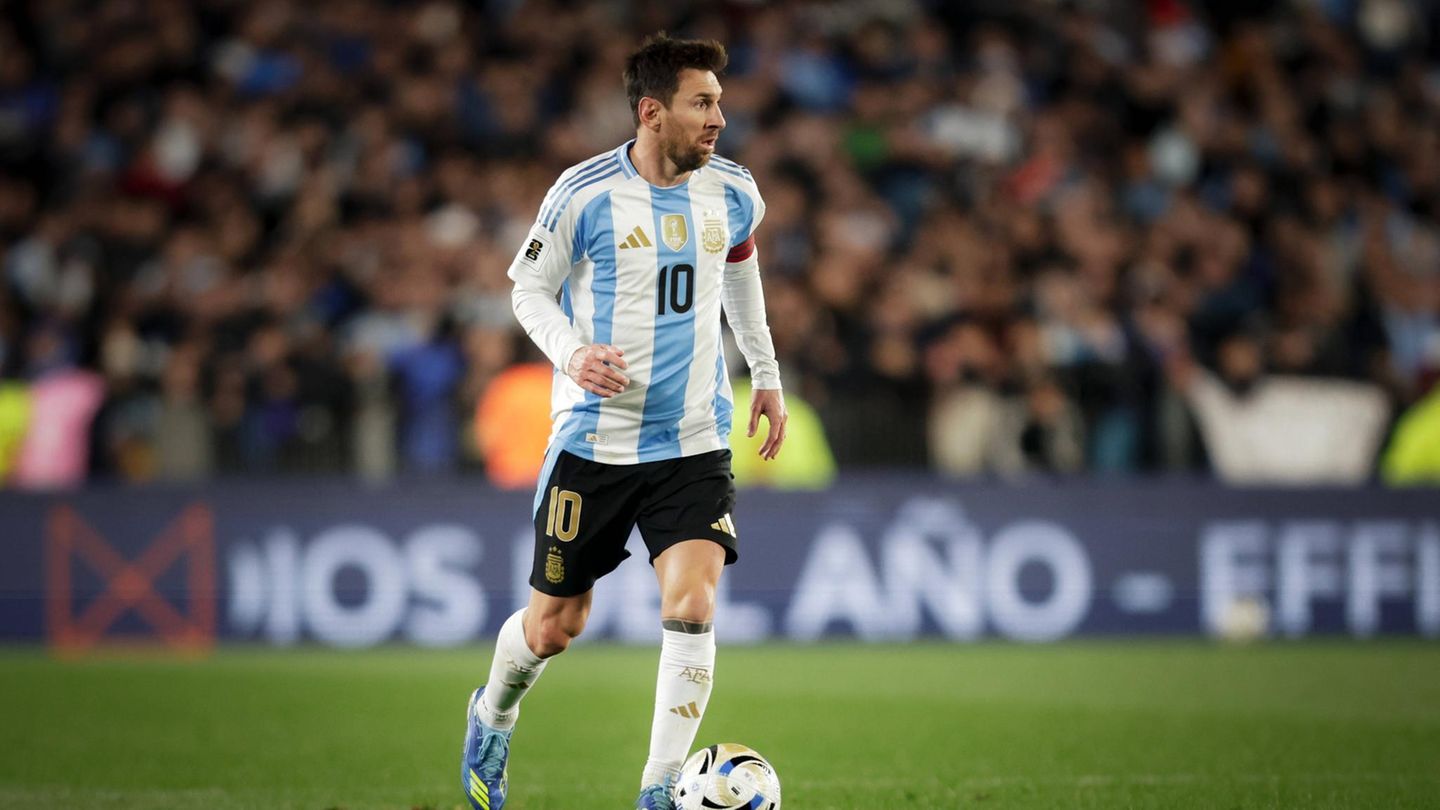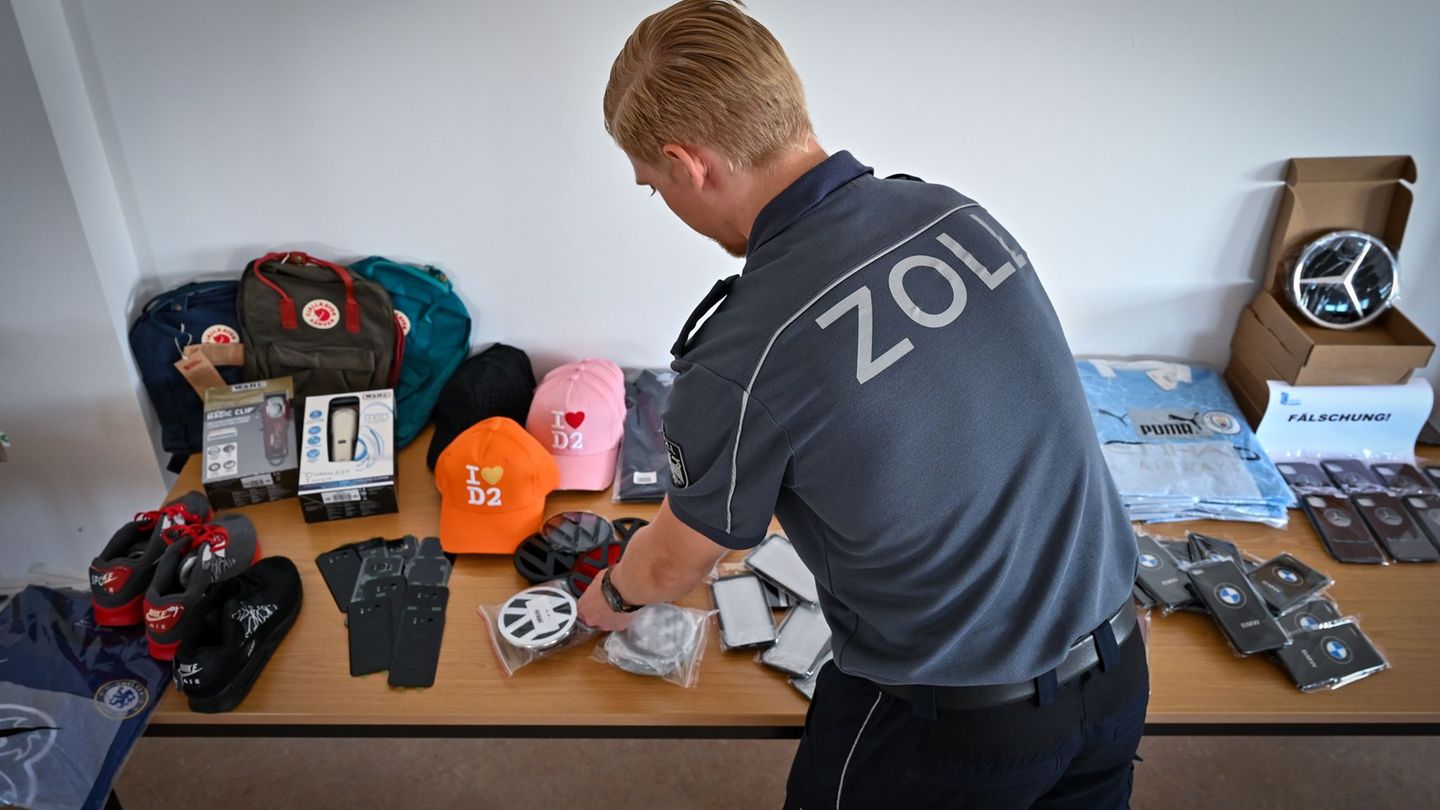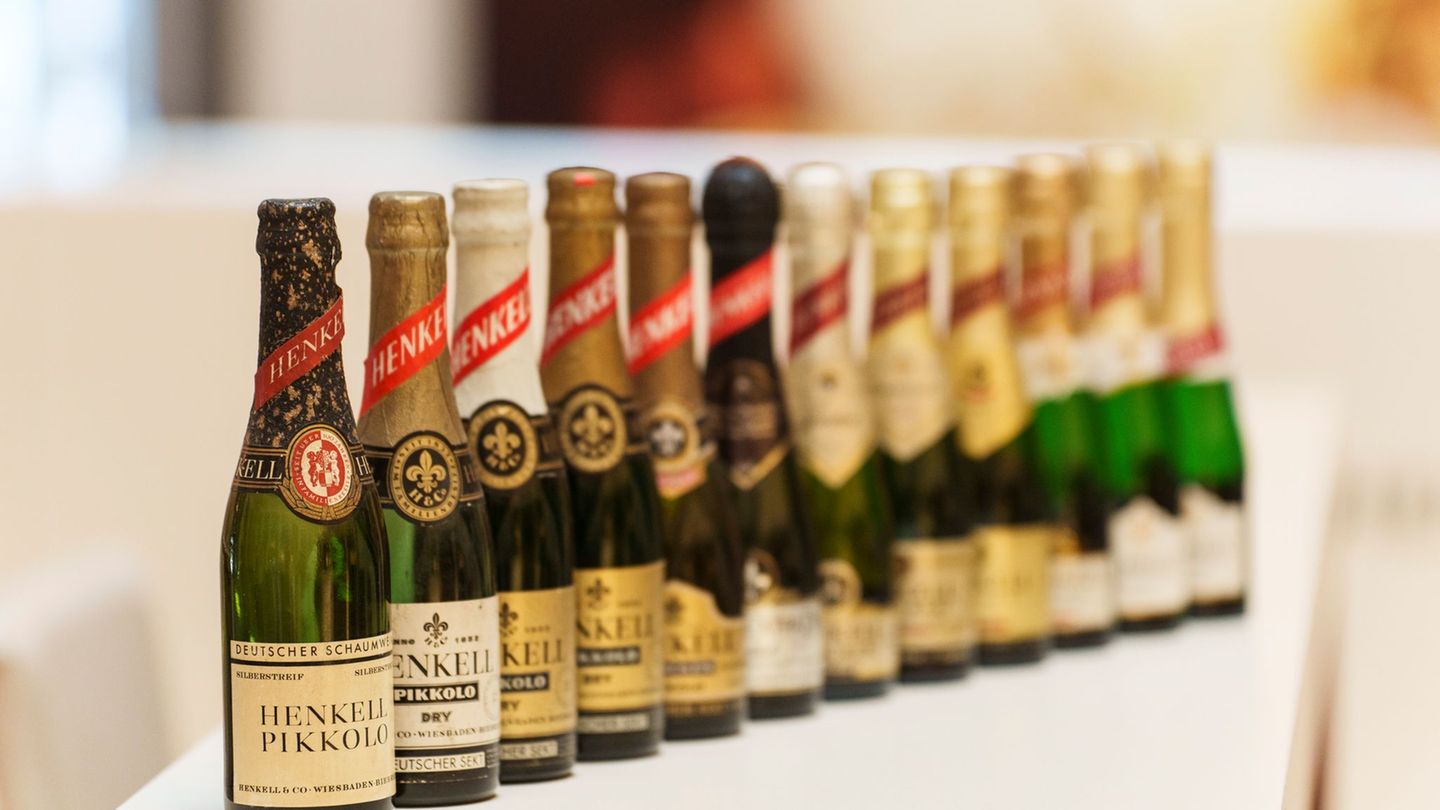Menu
Beverage manufacturer: Sparkling wine cellar Henkell Freixenet fears US tariffs
Categories
Most Read
Former ARCA official warned that the new Criminal Tax Law could get bogged down in the Courts
October 8, 2025
No Comments
European finances: EU auditors uncover irregularities worth billions
October 8, 2025
No Comments
Gustavo Weiss warned that US$25,000 million are lost per year due to the deterioration of infrastructure
October 8, 2025
No Comments
The IMF trusts that there will soon be decisions on financial aid to Argentina
October 8, 2025
No Comments
Construction improved 0.5% monthly in August, but remained at the same level as at the end of 2024
October 8, 2025
No Comments
Latest Posts

Football: Argentina has to move game to USA
October 9, 2025
No Comments
PierceI am Pierce Boyd, a driven and ambitious professional working in the news industry. I have been writing for 24 Hours Worlds for over five

Trade: Germany main target for counterfeits – billions in damage
October 9, 2025
No Comments
AngelicaI am an author and journalist who has written for 24 Hours World. I specialize in covering the economy and write about topics such as

What is Donald Trump’s 20-point plan to end the war like?
October 9, 2025
No Comments
October 8, 2025 – 22:42 The plan promoted by the American president seeks to close the conflict between Israel and Hamas and includes the release
24 Hours Worlds is a comprehensive source of instant world current affairs, offering up-to-the-minute coverage of breaking news and events from around the globe. With a team of experienced journalists and experts on hand 24/7.

